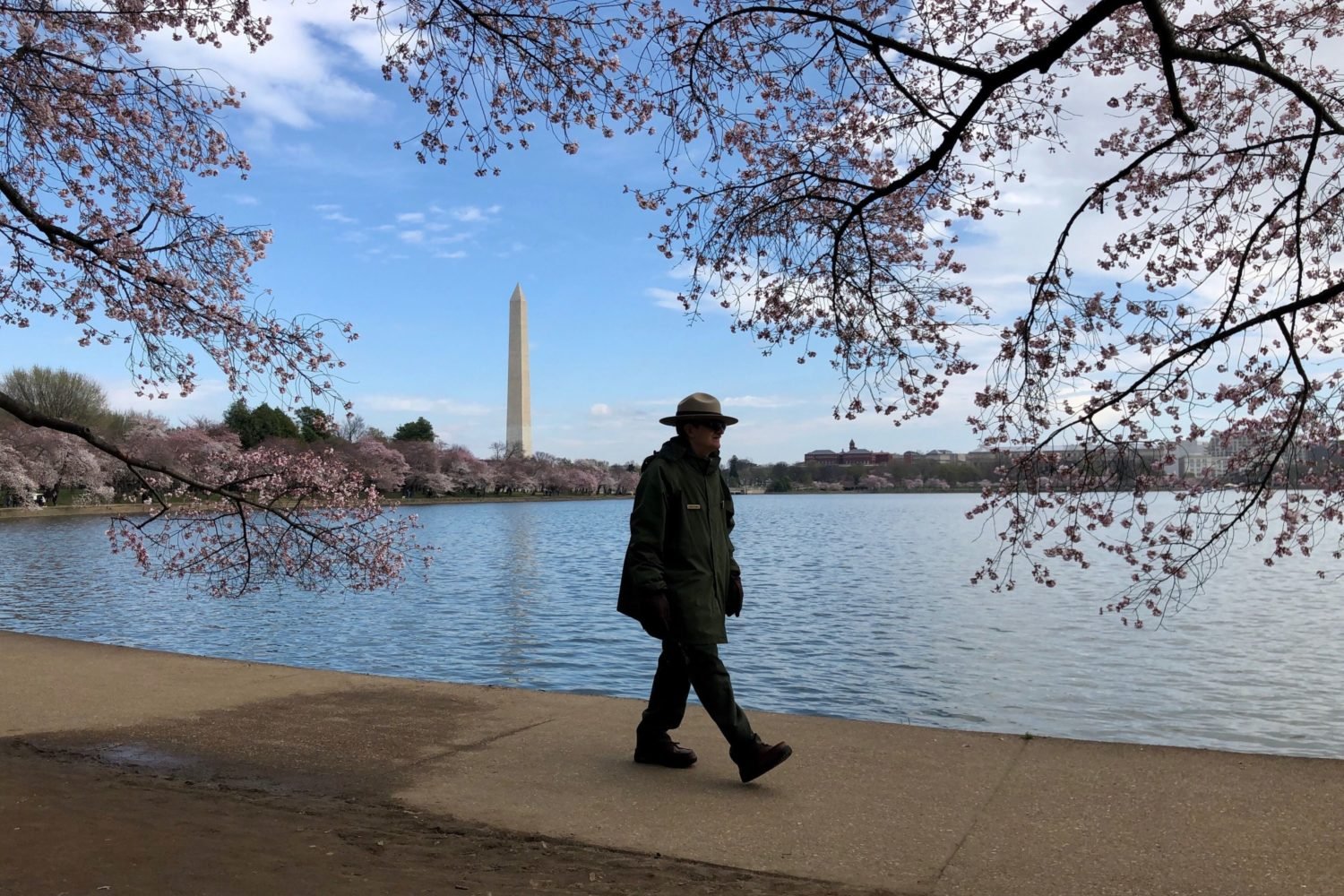About Coronavirus 2020
Washingtonian is keeping you up to date on the coronavirus around DC.
It sounds like the opening chapter of a DC-based dystopian novel: There’s a pandemic afoot, everyone’s sheltering-in-place and hoarding masks and battling an invisible virus. But then you realize one of the people living in your five-person group house might have the virus, and suddenly, the enemy is in your home.
This is what happened in Jeremy Snow’s Columbia Heights group house. The week after the national emergency was declared, one of his five roommates came down with a fever. She works at a women’s health clinic, so she was immediately sent home.
“Yeah, stressful, I think, is the easiest way to say it,” says Snow, who typically works part-time at Politics and Prose but is now on leave.
The group decided that it was best if their roommate isolated herself for 72 hours—well, as much as one can self-isolate in a home filled with people. Snow says she basically stayed in her room the whole time, but when she did come down for water or food, she wore a mask and gloves. The other female roommates with whom she shared a bathroom started using the downstairs bathroom.
Because their roommate works at a health clinic, she’s considered high-risk and was able to get a test, says Snow. As they haven’t received the results yet, the entire house has decided it’s best for all five of them to isolate together. Well, actually, make that all six of them—one unlucky friend was visiting the house when they found out the healthcare worker was sick, so she’s been stuck in quarantine, too, sleeping on the couch.
“It’s been slow, but it’s been good,” says Snow of the now almost-two-week quarantine. “We cook a lot of soup.”
Luckily, the roommates are all friends with one another and no one else has displayed Covid-19 symptoms, so there hasn’t been any serious drama. They ordered $300 worth of food via Instacart to split, although they ended up only getting $150 worth because the stores were empty. And then there’s the water-tracking board.
“I kept hearing people say, ‘I’m so tired, I have a headache, I don’t feel good,'” says Snow. “It’s mostly just because I don’t think they drink enough water, and I wanted them to, because it’s healthy and boosts your immune system.” So he turned the whiteboard in the kitchen that he typically uses to list upcoming concerts and events (remember those?) into a hydration tracker.
When a roommate finishes a quarter of the amount they’re supposed to drink in a day, they get to draw a picture. And once everyone’s had enough water, they get a treat. “But the problem is we don’t have any candy on account of the quarantine,” says Snow, “so everyone gets a single Raisinet because that’s all we have.”
An interesting aspect of battling a pandemic while living in a group house is that it illuminates how close—literally— you are with your roommates. While we’re supposed to limit the interactions we have with other humans, many people consider family and significant others to be exempt from the off-limits population. But when you live in a group house and your family is far away, that core group with which you’d share everything (even a virus) becomes your roommates.
“We don’t have to social distance from each other,” says Anjali Bhatt, 23, who lives in a Bloomingdale house with three other people. “If one of us had it, we definitely all have it by now, so there’s no point in us staying in our rooms.”
While Bhatt is aware that living in close proximity with a group of people does statistically heighten her chances of contracting the virus, she considers it overall better than the alternative. “I would hate living by myself so much,” she says. “The mental sort of pressure or load of living by myself would be worse than the slightly heightened fear right now of me getting the virus by living with other people.”
So far, everyone in her home has seemed healthy, and as they don’t leave the house often—they’ll go to the corner store every once in a while for beer and chips—they aren’t too worried about contracting the virus. “When we go out and when we come in, we wash our hands,” says Bhatt, “But we haven’t really left.”
But what if you’re not in the most ideal of unideal situations? What if you’re living in a nightmare, like one 39-year-old lawyer in Columbia Heights?
“This is an extra level of awfulness,” says the lawyer, who requested anonymity, of her current situation. The lawyer has lived in the same group house for 13 years, which means she’s basically selected all the five roommates she lives with. Including, unfortunately, the young 20-something who she says refuses to socially isolate.
After the national emergency was declared but before bars and restaurants closed, the lawyer says her roommate was going out every night, disregarding any public health recommendations about limiting contact with other people. The lawyer asked her roommate to stop going out, as it put the other housemates at risk, but her roommate disregarded her requests, she says.
Then her roommate got diagnosed with strep throat: “I was like how could they be sure that you don’t have [Covid-19]?” The lawyer says the roommate’s doctor couldn’t test her for the virus. “I was like, I hope it’s just strep, but even then, you’re going to give us all strep.”
Still, she says her roommate refused to stay home. It got so bad that the lawyer texted her roommate’s parents: “That ignited World War III.”
To sum it up: the roommate was angry the lawyer had reached out to her parents, her parents couldn’t take in their daughter because they’re both in high-risk categories, and an epic fight ensued in the group house.
“It’s been a good, long time since I’ve actually yelled at anybody,” says the lawyer, “It just escalated into a complete screaming match.”
The lawyer is going to take a look at the fine print in the house’s rental agreement, she says, but she’s not sure there’s anything she can do. “I get that her parents are high-risk, but they’re her parents and we are a house full of strangers. … I don’t have children on purpose, and I feel like I have a horrible teenager that I can’t ground.”
Is this enough to finally push her out of group-house life and, post-quarantine, into a place of her own? “Yeah, possibly,” she says. “I’ve always really enjoyed living in a group setting, but this is the first time I’ve ever wished I lived alone.”



















